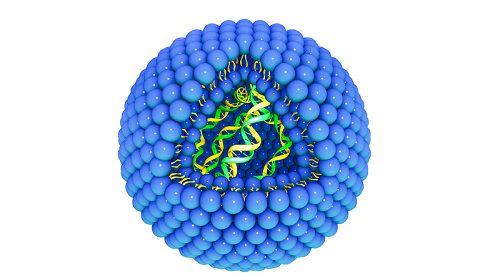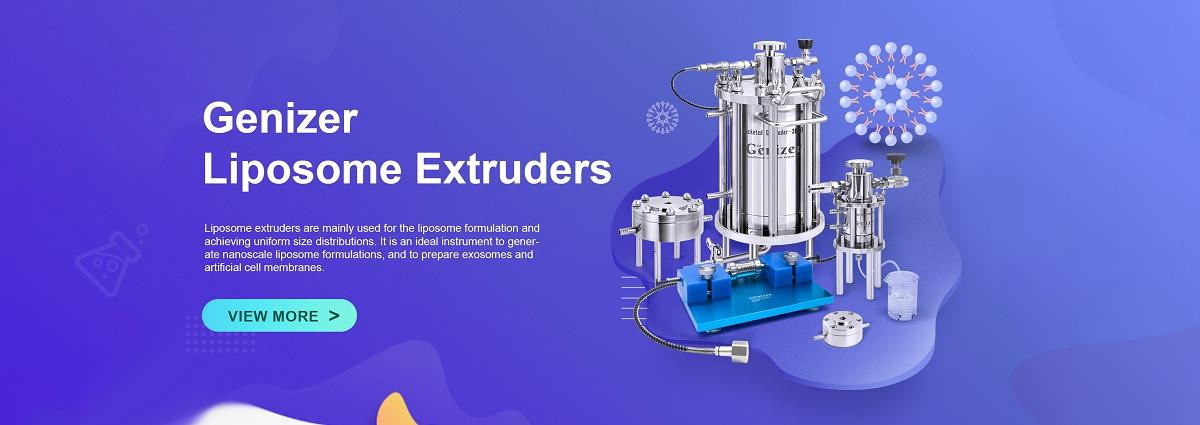The Benefits of Liposomes in Gene Therapy
Liposomes, spherical vesicles composed of lipid bilayers, have surfaced as promising contenders among the array of delivery systems available for gene therapy. Their unique properties render them particularly advantageous in this domain. Let's delve into the core benefits of incorporating liposomes into gene therapy.

Figure 1 Gene delivery liposome with phospholipid bilayers
Efficient Delivery: Liposomes excel in encapsulating and delivering nucleic acids to target cells efficiently. Their lipid bilayer structure protects nucleic acids from degradation while enhancing their uptake by cells, ensuring effective delivery of therapeutic genes.
Biocompatibility: Liposomes are composed of natural lipid molecules, making them biocompatible and safe for use in the body. This inherent biocompatibility reduces the risk of adverse reactions, making liposomes an ideal choice for gene therapy applications.
Targeted Delivery: Liposomes can be engineered to carry targeting ligands on their surface, allowing for precise delivery of therapeutic genes to specific cell types or tissues. T Accounthis targeted approach minimizes off-target effects, enhancing the therapeutic efficacy of gene therapy treatments.
Controlled Release: One of the key advantages of liposomes is their ability to facilitate controlled release of encapsulated nucleic acids. This controlled release kinetics enables precise modulation of gene expression over time, improving the therapeutic outcomes of gene therapy treatments.
Versatility: Liposomes offer versatility in accommodating various types of nucleic acids and can be tailored to meet specific therapeutic needs. They can be customized for different administration routes, such as intravenous, intratumoral, or intranasal delivery, depending on the target disease and tissue.
Liposome extruders play a crucial role in producing liposomes for gene therapy. These specialized devices facilitate the controlled formation of liposomes by forcing lipid suspensions and aqueous solutions through a narrow gap or membrane at high pressure. Liposome extruders ensure uniform size and size distribution of liposomes, contributing to their efficacy in gene therapy applications.

Figure 2. Genizer Liposome Extruders
Liposomes offer a range of benefits in gene therapy, including efficient delivery, biocompatibility, targeted delivery, controlled release, and versatility. These advantages make liposomes promising candidates for delivering therapeutic genes effectively and safely in the treatment of various diseases. As research in liposome technology continues to advance, the potential for liposomal gene therapy to transform healthcare and improve patient outcomes is significant.
